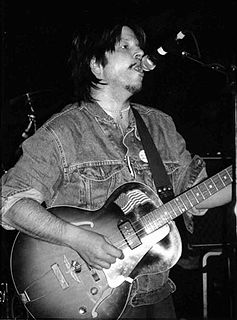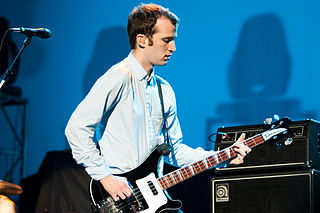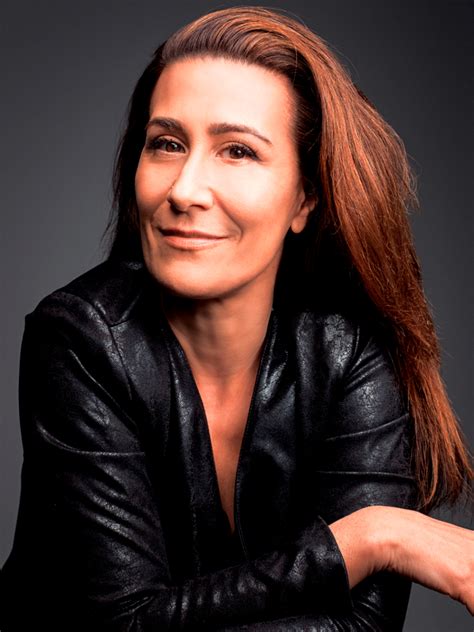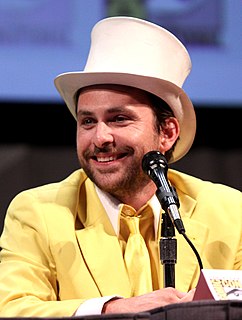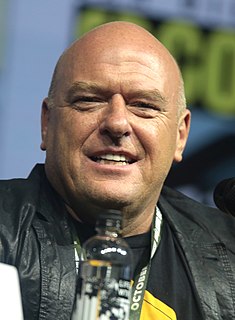A Quote by Grant Hart
I think a lot of people are having their midlife crisis in public. I think if you left something unfinished, go ahead and do it. But I guess I can't really answer that question in respect to my own music, because it's inconceivable.
Related Quotes
There's still people that do it poorly... and people that do it very, very well. I think there's still an incredible spectrum. I guess there's something that's appealing in it, in that everyone on some level is a DJ. But people still go to clubs, and there's still... it is interesting - with everyone having an iPod now - when music is so personalised and things like Pandora and making your own playlists, there's something really powerful about a room full of people all dancing to the same song.
A dialogue is very important. It is a form of communication in which question and answer continue till a question is left without an answer. Thus the question is suspended between the two persons involved in this answer and question. It is like a bud with untouched blossoms . . . If the question is left totally untouched by thought, it then has its own answer because the questioner and answerer, as persons, have disappeared. This is a form of dialogue in which investigation reaches a certain point of intensity and depth, which then has a quality that thought can never reach.
The favorite game of temperamental people is Try to Guess Why I’m Ticked Off. (Contestant number one, Why do YOU think he’s pissed off? Why, I’m not sure, Bob, but I’m going to go with ‘Because I Left the Faucet Dripping.’ BEEP. I’m sorry, that’s incorrect. The correct answer is: ‘Because You Happen to Exist.’)
I think a lot of people get intimidated by the language of music, but everyone owns music. I think there's nothing standing in between a composer and her audience. I think a lot of people feel that way because they feel it's rarefied, but it's really not. You should feel the impact of it without being able to name it because it's ultimately a primal thing.
I'm really into everything. Something I've been asked throughout the years I've done the show is, "What kind of music are you into?" I find that to be a bizarre question, because it implies there are people out there that are only into one specific kind of music. But I think I, like most people, enjoy a wide variety of music.
I talked to people that I'd done theater with, older actors and stuff. There's a lot of people who go into the business, and they must think they're good, or they wouldn't be in it. Why do you think that you're good enough to go into the business and make money at it? So I really wanted to ask myself that question a lot. Because it was an important kind of thing that I was going to do. I really wanted to do it, I loved it, and I thought that I was good enough that I could make money at it. And that's really what it came down to.
